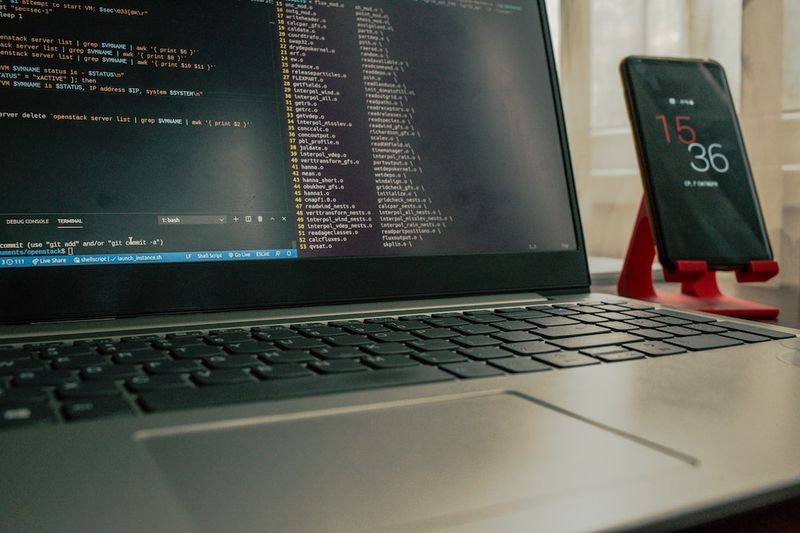Cyber Insurance: MGM Resorts Reveals $110 Million Cost of Ransomware Hack
Hospitality and entertainment giant MGM Resorts has disclosed that a ransomware attack last month has cost the company over $110 million. This figure includes $10 million in one-time consulting clean-up fees. The attack caused significant operational disruptions, particularly in MGM’s Las Vegas properties, and resulted in an estimated financial toll of approximately $100 million in lost revenue.
Scope of the Attack
MGM Resorts manages several well-known hotels, including Mandalay Bay, Bellagio, MGM Grand, Aria, Luxor, and the Cosmopolitan. The ransomware attack impacted the company’s website, casinos, and systems used for email, restaurant reservations, hotel bookings, and even digital hotel room keys.
The attack was attributed to a known ransomware gang called Scattered Spider, which has previously targeted and extracted millions in ransom payments from casino giant Caesars Entertainment.
Data Compromised
MGM Resorts confirmed that while no customer bank account numbers or payment card details were lost, personal information was stolen. This includes names, contact information (phone numbers, email addresses, postal addresses), gender, date of birth, and driver’s license numbers. For a limited number of customers, Social Security numbers and passport numbers were also obtained by the hackers.
It is important to note that the types of information impacted varied by individual, and the company stated that it does not believe customer passwords, bank account numbers, or payment card information were compromised. Additionally, MGM Resorts confirmed that the breach did not extend to the systems or data of The Cosmopolitan of Las Vegas.
The Alarming Rise of Ransomware Attacks
This incident highlights the escalating threat posed by ransomware attacks, where cybercriminals encrypt an organization’s data and demand ransom payments in exchange for its release. The financial and operational consequences of such attacks can be severe, pushing organizations to incur substantial costs for cleanup, recovery, and reputation management.
The frequency and sophistication of ransomware attacks have risen significantly in recent years. Organizations of all sizes and across various sectors have become targets, with the aim of extracting hefty ransom payments or stealing valuable data for illicit purposes.
The Importance of Cyber Insurance
Cybersecurity incidents like the MGM Resorts ransomware attack underscore the critical role of cyber insurance in mitigating financial losses and facilitating recovery. Cyber insurance helps organizations cover the costs associated with investigating, remediating, and recovering from such attacks, including legal fees, consulting services, business interruption costs, and potential ransom payments.
Given the alarming rise of ransomware attacks, organizations across industries should seriously consider incorporating cyber insurance into their risk management strategies. This financial safeguard can provide a valuable safety net, allowing businesses to focus on remediation and recovery without being burdened by the significant costs associated with cyber incidents.
The Need for Enhanced Cybersecurity Measures
While cyber insurance is an important component of a comprehensive cybersecurity strategy, it is crucial for organizations to prioritize strong cybersecurity measures to prevent attacks in the first place.
Cybersecurity investments should focus on implementing robust technical controls, such as firewalls, intrusion detection and prevention systems, and endpoint protection solutions. Additionally, organizations should prioritize training and awareness programs for employees to enhance their understanding of potential risks and promote secure behaviors.
Regular vulnerability assessments and penetration testing can also help identify potential weaknesses in an organization’s network and systems, enabling proactive mitigation before an attacker can exploit them.
Conclusion
The MGM Resorts ransomware attack serves as a wake-up call for organizations to prioritize cybersecurity and take proactive measures to protect their data and systems. While cyber insurance can provide financial protection, it is paramount that organizations implement robust security measures to prevent attacks and minimize the potential impact of future incidents.
Investing in cybersecurity is not only a matter of financial prudence; it is also an ethical responsibility to safeguard the sensitive information of customers and stakeholders. Organizations must recognize that the cost of prevention is significantly lower than the cost of remediation after a cyberattack. By adopting a proactive approach, organizations can effectively mitigate risks and protect their assets in an increasingly digital world.

<< photo by Dan Nelson >>
The image is for illustrative purposes only and does not depict the actual situation.
You might want to read !
- Israeli President’s Telegram Account Hacked: Uncovering the Operation of a Suspected Crime Gang
- The Urgent Call for Action: Identifying the Top 10 Cybersecurity Misconfigurations Threatening Organizations
- Nonprofit Service Provider Blackbaud Settles Data Breach Case with States for $49.5 Million
- 23andMe Cyberbreach: Unveiling the Potential Risks and Rewards of Exposed DNA Data
- North Korea’s Lazarus Group: Mastermind Behind Massive $900 Million Cryptocurrency Laundering Operation
- Ransomware Attacks Surge: FBI Sounds the Alarm on Dual Threats
- Rise in ‘Dual Ransomware Attacks’: A Looming Threat for Businesses
- The Growing Threat: FBI Raises Alarm Over Dual Ransomware Attacks on U.S. Firms
- The Aftermath of Casino Cyberattacks: Analyzing the Impact on MGM Resorts
- The MGM Resorts Breach: Unveiling the Okta Flaw
- Cyberattacks Continue to Threaten Casino Giants: Caesars Entertainment and MGM Resorts Latest Victims
- Exploring the Implications: Backdoored Firmware Surfaces in Android Devices Used in US Schools
- Navigating Unforeseen Challenges: Building Resilience Through Proactive Strategies
- Connecticut School District Recovers Half of $6 Million Lost in Devastating Cyber Attack




